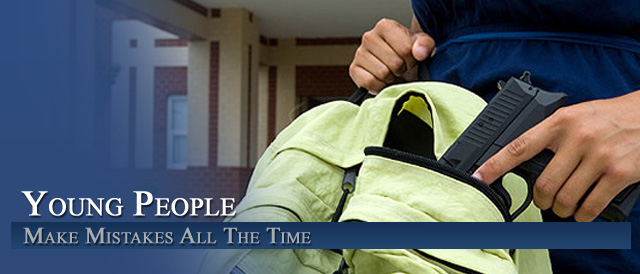
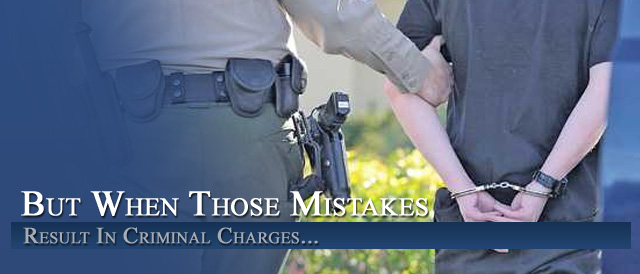
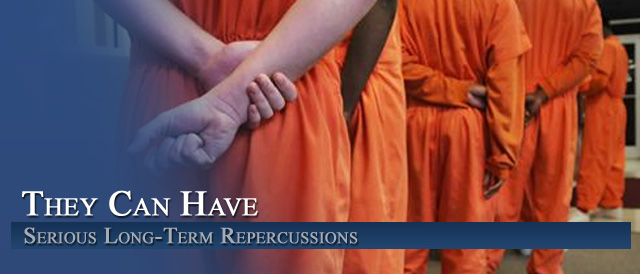
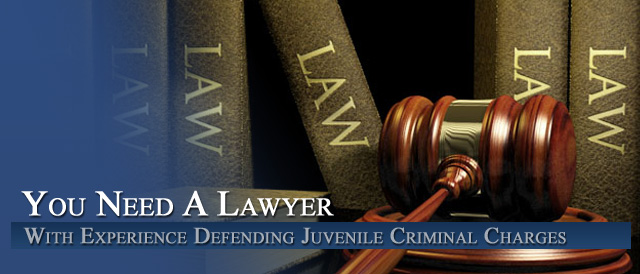
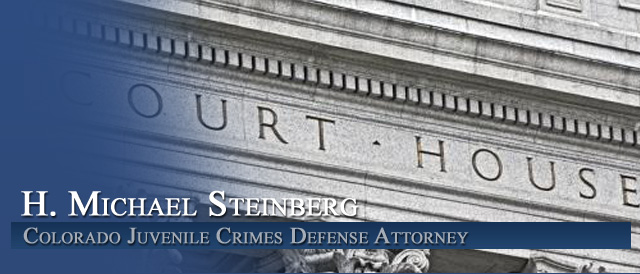
Understanding The Colorado Juvenile Pretrial System Part I of II
By H. Michael Steinberg – Colorado Criminal Juvenile Defense Lawyer – Attorney
Understanding The Colorado Juvenile Pretrial System – requires a close look at the rights and the people involved at this important stage in Colorado juvenile criminal proceedings.
The Filing Of The Colorado Petition In Delinquency – The Charging Documents
After the screening process is completed and the detention hearing is held, the District Attorney initiates the formal charging of a juvenile with a “delinquent act” by filing a juvenile delinquency petition naming the minor as a juvenile. The parent or guardian us also a named party called the Respondent.
Here is the law that addresses the District Attorney’s Right To File A Petition In Delinquency
19-2-512. Petition initiation.
(1) If the district attorney determines that the interests of the juvenile or of the community require that further action be taken, the district attorney may file a petition in delinquency on the form specified in section 19-2-513, which shall be accepted by the court. If the district attorney chooses to file a petition in delinquency on any juvenile who receives a detention hearing under section 19-2-508, he or she shall file said petition within seventy-two hours after the detention hearing, excluding Saturdays, Sundays, and legal holidays. Upon filing of such petition, the court, if practicable, shall send notice of the pendency of such action to the natural parents of the juvenile who is the subject of such petition.
The Advisement Hearing
At a juvenile’s first appearance – at the time of the filing of charges the juvenile is advised of his or her rights under Colorado law.
The judge is charged with the responsibility to make sure that juvenile and the parent or guardian of the juvenile understand the following rights:
1.The nature of the allegation contained in the juvenile delinquency petition;
2.The juvenile’s right to counsel by a lawyer and if the juvenile, parent, guardian, or other legal custodian is indigent, that the juvenile may be assigned a Colorado attorney to act as legal counsel, as provided by law;
3.The juvenile need not make any statement, and that any statement made may be used against the juvenile;
4.The juvenile potentially has the right to a preliminary hearing as set forth in Colorado law;
5.The juvenile’s potential right to a jury trial as set forth in Colorado law;
6.That any plea of guilty by the juvenile must be voluntary and not the result of undue influence or coercion on the part of anyone;
7.The sentencing alternatives available to the Court if the juvenile pleads guilty or is found guilty of committing a delinquent act;
8.The juvenile’s right to bail, as limited by law, and the amount of bail, if any, that has been set by the court;
9.Under certain circumstances that the juvenile may be subject to transfer to the criminal division of the district court to be tried as an adult, as provided by Colorado law.
The Pretrial “Discovery” Process – What Evidence Do They Have Against The Charged Juvenile
Discovery – the process of learning about the case against the juvenile is governed by the Colorado Juvenile Rules of Procedure. The District Attorney is obligated to disclose ALL police reports and statements of all witnesses, ALL physical evidence, the names and addresses of the witnesses then known to the district attorney whom he or she intends to call at trial, statements made by the juvenile, and the youth’s prior criminal history.
Understanding The Colorado Juvenile Pretrial System – The Discovery Deadline
Discovery must be disclosed “as soon as practicable” but not later than 21 days after the juveniles first appearance at the time of or immediately after the filing of charges. There is a “continuing duty to disclose” throughout the juvenile criminal case.
The Right To A Juvenile Criminal Case Preliminary Hearing
If a juvenile has been charged with having committed a class 1, 2, or 3 felonies, or a class 4, 5, or 6 felonies that require mandatory sentencing, or certain statutorily-defined crimes of violence or sexual offenses, he is entitled to and may demand a preliminary hearing.
Also – if the juvenile has not been released and is still held involuntarily – the juvenile has a right to a preliminary hearing if a felony is charged. The “prelim” must be held within 30 days of demand for the hearing. If the juvenile is not in custody – the hearing must be held as promptly as the court’s calendar permits.
Burden of Proof At The “Prelim”
Just as in adult cases – the burden of proof is the same. The DA must establish that probable cause. If that occurs – the case is scheduled for an adjudicatory trial. If probable cause is NOT shown – the case – the petition is dismissed and the juvenile released if in custody.
If No Right To A Preliminary Hearing – Then A “Dispositional Hearing”
If the juvenile is not in custody and if he or she is not charged with a felony – the next hearing is called a “dispositional hearing,” This kind of hearing is really just an opportunity for the parties to try to reach an agreement to a plea bargain…. that is – a resolution of the case without the need for an adjudicatory trial.
Entry Of The Plea – Or Resetting The Case For Further Proceedings
If the juvenile and the juvenile’s lawyer have already made discovery in the case (reviewed the police reports and examined all possible defenses) and plea bargaining has resulted in an agreement – then a plea can enter – even at this early stage in the case. On the other hand, if the defense cannot reach an agreement with the prosecution at this stage and believes a trial is more likely – then a preliminary hearing may be set if the juvenile qualifies for such a hearing (addressed in another article).
Next article Plea Bargaining And The Possible Pleas That Can Enter In A Colorado Juvenile Case
Understanding The Colorado Juvenile Pretrial System
ABOUT THE AUTHOR: H. Michael Steinberg – Email The Author at: hmichaelsteinberg@colorado-juvenile-crimes-lawyer or call his office at 303-627-7777 during business hours – or call his cell if you cannot wait and need his immediate assistance – 720-220 -7777.
If you are charged with A Colorado crime or you have questions about Understanding The Colorado Juvenile Pretrial Systemshoplifting or grand theft, please call our office. The Law Offices of H. Michael Steinberg, in Denver, Colorado, provide criminal defense clients with effective, efficient, intelligent and strong legal advocacy. We can educate you and help you navigate the stressful and complex legal process related to your criminal defense issue.
H. Michael Steinberg, is a Denver, Colorado criminal defense lawyer with over 40 years of day to day courtroom experience – specializing in Colorado Criminal Law along the Front Range. He will provide you with a free initial case consultation to evaluate your legal issues and to answer your questions with an honest assessment of your options. Remember, it costs NOTHING to discuss your case. Call now for an immediate free phone consultation.
Helping Clients To Make Informed Decisions In the Defense of Colorado Criminal Cases.
Contact A Lawyer with Three Decades of Experience as a Denver Criminal Attorney at The Steinberg Colorado Criminal Defense Law Firm Today.
Colorado Defense Lawyer H. Michael Steinberg provides solid criminal defense for clients throughout the Front Range of Colorado – including the City and County courts of Adams County, Arapahoe County, City and County of Boulder, City and County of Broomfield, City and County of Denver, Douglas County, El Paso County – Colorado Springs, Gilpin County, Jefferson County, Larimer County, and Weld County,…. and all the other cities and counties of Colorado along the I-25 Corridor… on issues involving ..Understanding The Colorado Juvenile Pretrial System.
Other Articles of Interest:
- Understanding The Colorado Juvenile Pretrial System Part II of II
- Colorado Juvenile Criminal Process – The Pretrial Process
- Understanding Colorado House Arrest – Home Detention Technology and Procedures
- Release With Services C.R.S. 19-2-302
- Birdseye Statutory View – Colorado Juvenile Criminal System













